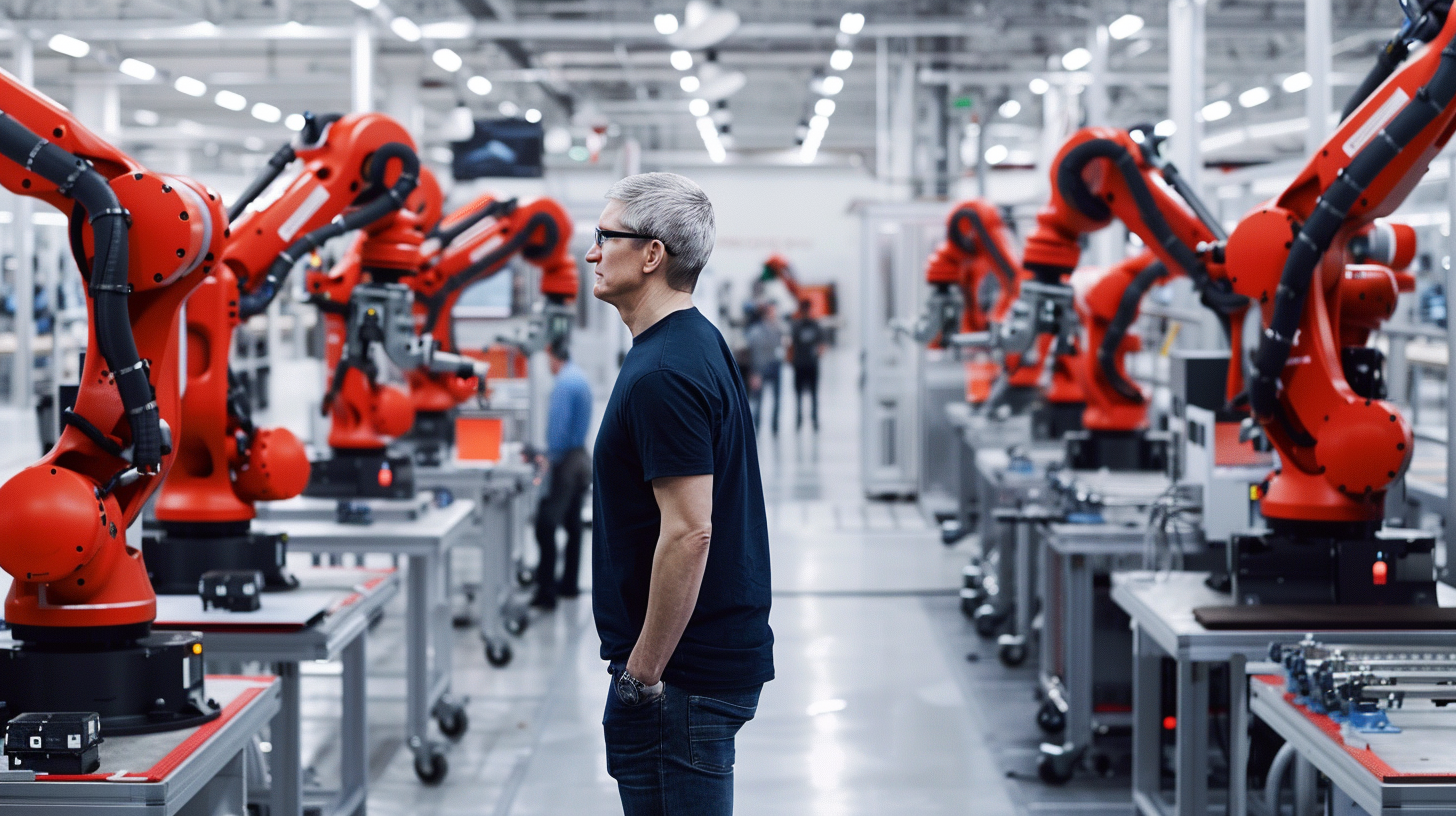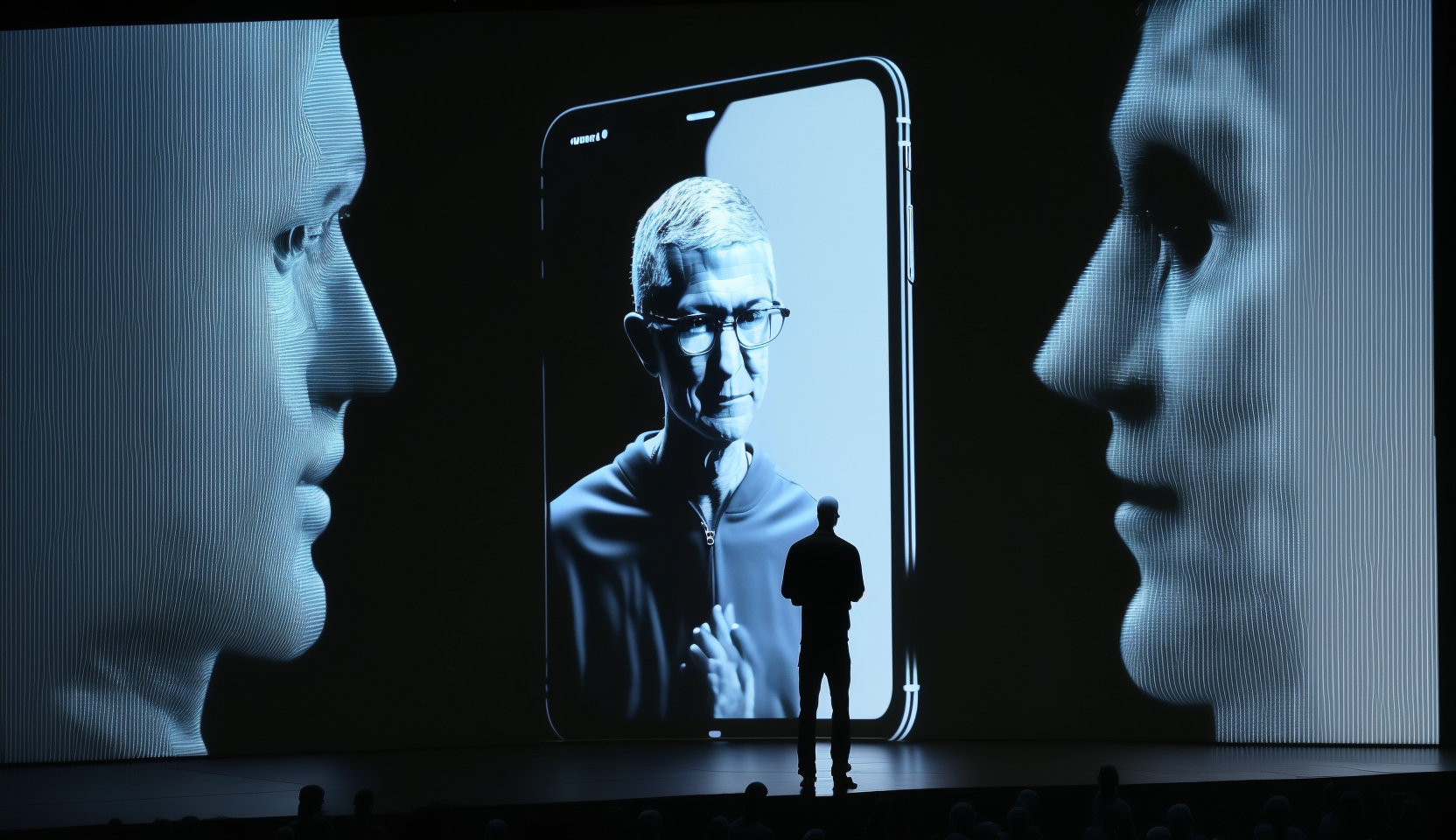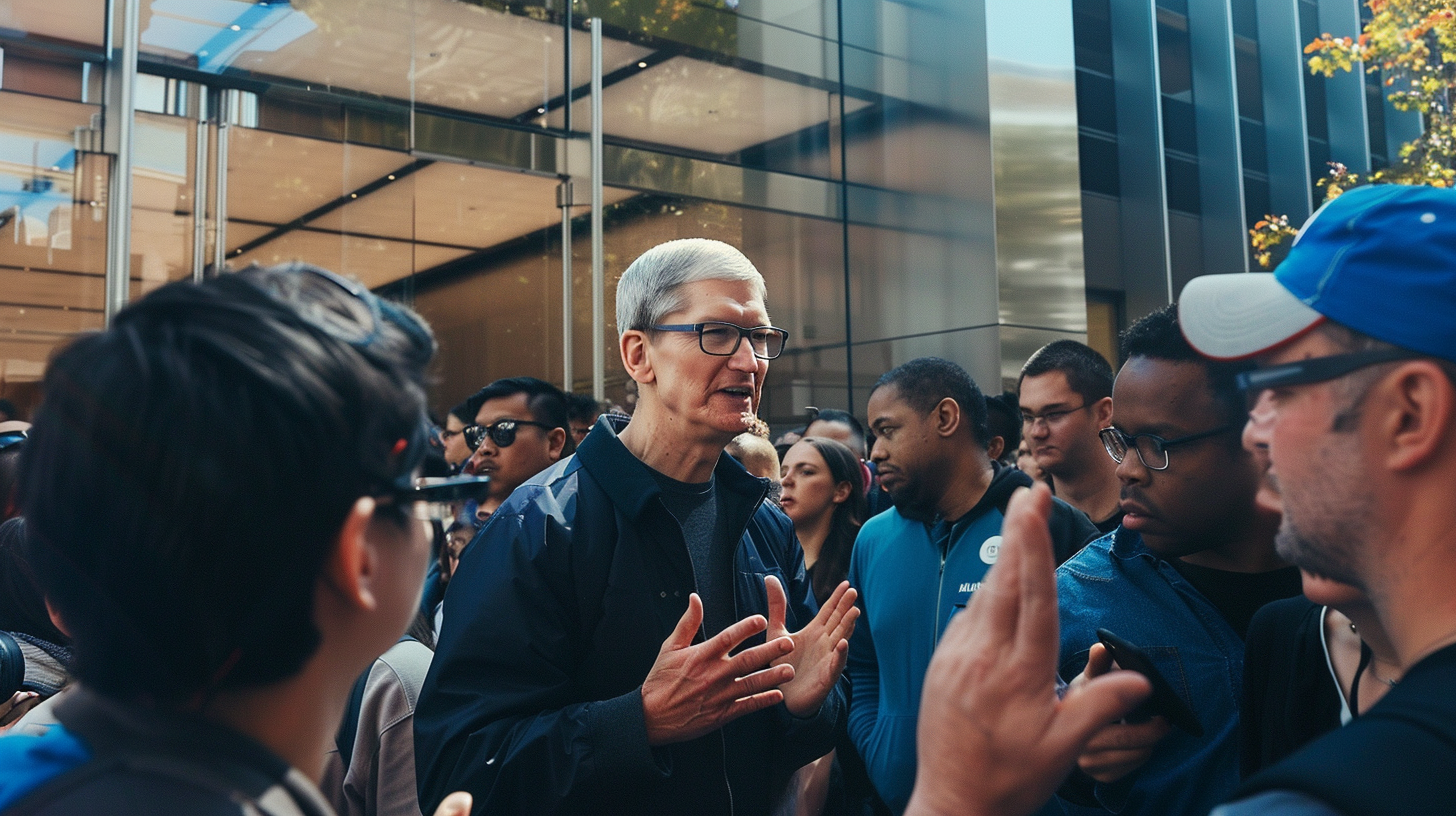Apple Inc. (AAPL) is ramping up its domestic investment strategy with a newly announced $100 billion commitment to U.S. manufacturing and infrastructure, expanding its total U.S. investment to $600 billion over the next four years. The announcement comes just hours ahead of a scheduled White House event where Apple CEO Tim Cook will join President Donald Trump in the Oval Office.
The announcement is viewed as both a response to and a strategic buffer against mounting trade tensions. The Trump administration has signaled its intent to impose a 25% tariff on iPhones imported from India, where Apple now manufactures the majority of U.S.-bound iPhones after shifting production away from China.
These escalating tariff threats are already hitting the bottom line. In its most recent quarterly earnings report, Apple disclosed an $800 million tariff-related impact and forecasted another $1.1 billion in related costs this quarter. The company’s shift toward increased U.S. investment appears aimed at minimizing long-term exposure to geopolitical trade risks while addressing growing political pressure to manufacture more within the United States.
The centerpiece of this new initiative is the American Manufacturing Program, which will involve expanded partnerships with U.S.-based suppliers, additional AI-focused data centers, and a potential new semiconductor facility. These moves reflect a broader trend in tech: companies are reassessing global supply chains not just for efficiency, but for resiliency.
Apple’s share price responded sharply to the news, jumping more than 5% in midday trading. The stock move reflects both investor confidence in Apple’s ability to navigate regulatory challenges and the perceived benefits of deeper integration into the U.S. industrial base.
For Apple, this could be a turning point. The tech giant has long relied on overseas manufacturing for its scale, efficiency, and cost advantages. But the dual pressures of tariffs and supply chain vulnerabilities exposed during the COVID-19 pandemic have reshaped that calculus. Bringing more production stateside not only helps Apple hedge against future tariffs—it may also give the company greater control over component access and intellectual property protections.
Still, scaling U.S.-based iPhone production remains a complex challenge. Industry experts warn that building out sufficient infrastructure, skilled labor pools, and logistical networks could take years. Apple’s long-term strategy may involve a hybrid model, combining strategic U.S. investments with continued production in global hubs like India and Vietnam.
With the 2026 presidential election already on the horizon, companies like Apple are likely to face increased scrutiny over domestic job creation and industrial policy alignment. This latest move positions Apple as both a responsive corporate citizen and a resilient global operator—prepared for whatever comes next in an increasingly fragmented trade landscape.



